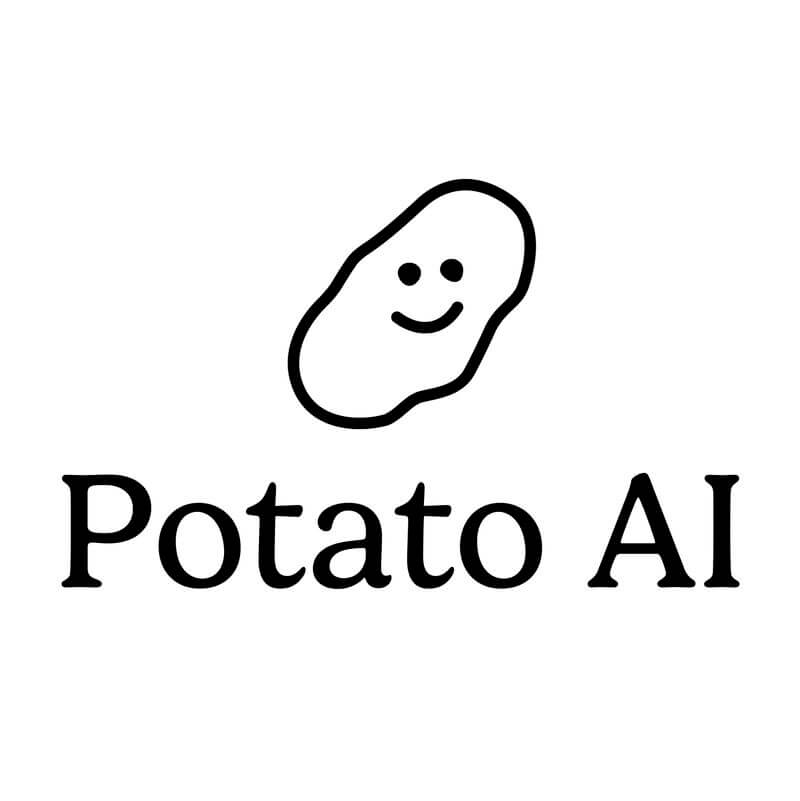Seattle-based startup Potato has secured $4.5 million in seed funding to advance its AI-driven platform for automating scientific research. The funding round was led by Draper Associates, with participation from Dolby Family Ventures, Boost VC, Ensemble VC, Silicon Badia, Alumni Ventures, Defined, and The FounderVC, as well as angel investors like Geoff Entress and Michael Liou. This investment will fuel Potato's mission to expedite scientific discovery by automating experimental processes using AI and robotics.
Founded in 2023 by Nick Edwards, a neuroscientist, and Ryan Kosai, a seasoned technologist, Potato is developing AI agents to support a closed-loop model of scientific exploration. The company's name is a creative reference to the potato battery experiment, symbolizing the creation of complex tools from simple foundations. Potato's platform aims to revolutionize how scientific research is conducted, addressing challenges such as the overwhelming volume of published research, high costs, and reproducibility issues.
Potato's current platform functions as an AI research assistant, helping scientists generate hypotheses, optimize research protocols, summarize scientific literature, critique journal articles, and even draft manuscripts. The platform uses large language models (LLMs) that are fine-tuned with retrieval-augmented generation (RAG) to ensure outputs are grounded in verified scientific literature. Additional features include automated review of uploaded papers, highlighting key methods, evaluating controls, suggesting follow-up experiments, and visualizing workflows by generating diagrams from text-based protocol descriptions. Researchers can also query the system on specific biology topics and receive answers grounded in published work. Through a partnership with Wiley, Potato integrates content from a major catalog of peer-reviewed scientific publications and also utilizes open-source databases.
The company is now expanding its capabilities beyond computational support to include autonomous experimental execution. Partnering with Ginkgo Automation, Potato is developing robotic capabilities for lab benchwork. The ultimate goal is to create a fully autonomous research cycle where AI agents can plan, execute, and interpret experiments with scientists in the loop. CEO Nick Edwards envisions this as "runaway knowledge production," where AI accelerates scientific discovery at a fraction of the cost.
Reproducibility is a core focus for Potato, which aims to address longstanding issues in research consistency by automating literature reviews and standardizing protocol design. The company's tools are already in use at leading academic and research institutions, including Stanford University, California Institute of Technology, Massachusetts Institute of Technology, University of California Berkeley, The Scripps Research Institute, and Harvard University. Potato is also part of the Merck Digital Sciences Studio accelerator program. While initially focused on biotechnology, Potato plans to expand into other fields like materials science and chemistry.
The company's platform offers several key features, including protocol generation and editing using open-access methods, automated review of uploaded papers, biology Q&A with cited, literature-grounded answers, text-to-diagram workflow visualization, structured data extraction via API, and pre-structured outputs for search, clustering, and classification tasks.
In addition to the $4.5 million seed funding, Happy Potato Inc., the legal name of Potato AI, announced it raised $6.62 million in an initial filing from an offering of $7.15 million.

















